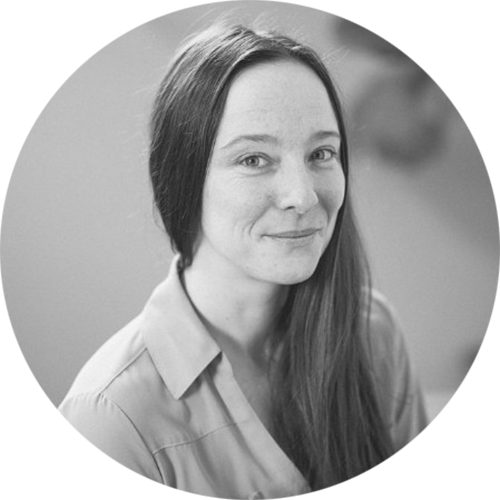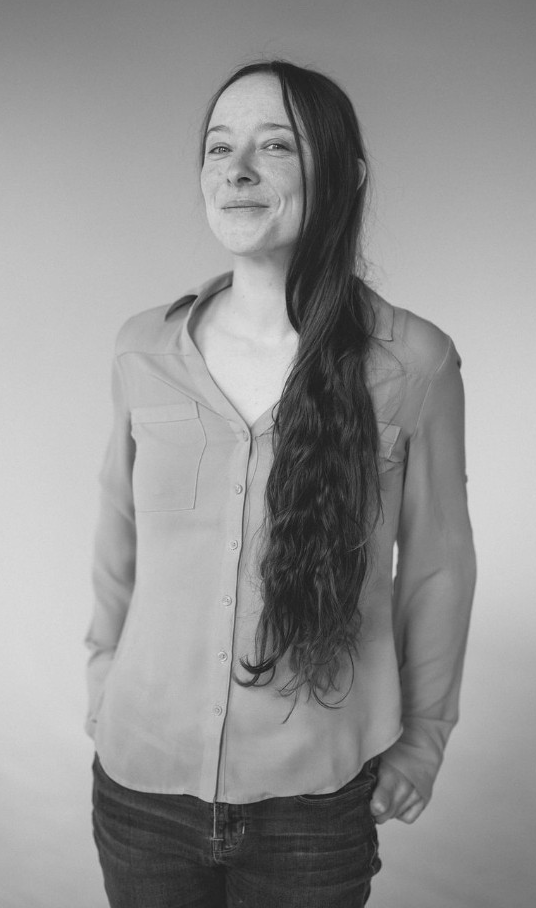Home > Doula Profile: Trista Charron
Doula Profile: Trista Charron
Trista has served the Boston area as a care provider for families for more than 20 years. She is also an artist and writer with a great love for travel, music, and literature. Though she holds a bachelor’s degree in humanities from Harvard Extension School, she maintains that her most impactful learning stems from her extensive experience in care work. Whether it is among exuberant young children creating some new game on the playground, alongside pets in their daily routine, tending to gardens, or being a companion for the elderly or a hand to the dying and their families, this doula finds herself endlessly curious and inspired by the profound sense of meaning found in moments truly lived and shared. With humility and gratitude, Trista transmutes the meaning she’s found for herself in her work into a sense of purpose—a purpose that seeks to support and promote, for an individual and for the community, the sense of healing that lives in the nature of death.

Q&A with Trista
When and why did you decide to become an end-of-life doula?
In 2018 I was very fortunate to have my INELDA training led by Henry Fersko-Weiss. Within months of that weekend, I was further trained and gained my experience through a hospice volunteer program of a local Boston hospital. I originally pursued end-of-life care under the suggestion of a friend and acupuncturist at a community acupuncture clinic that I worked at for some years up until the pandemic. With so much work in care of children, the elderly, animals, and the home lives of others, and in witnessing the passing of my own young parents, I imagined there were more areas of connection to explore and learn from for my own life’s work in care and for living life in general.
How long have you been doing this type of work?
I have been working in hospice in the Boston area since the spring of 2019. Since the pandemic, I have also volunteered to call the bereaved to see how they are coping with the death of their person.
What type of environment do you work in?
Usually in assisted living facilities and nursing homes.
What do you do before you meet with a new client?
If I am told their health information, I research their condition and treatments to build my awareness. Before each visit I take time to sit on my own, clear my thoughts and focus my intention so that I may be fully in their presence.
Can you share a short anecdote or insight that changed you?
Grief opens your eyes, clears the slate, and removes possibility in a way; it enforces finality and can numb the senses, but even in those not-so-positive moments one can find space and clarity of vision. There are opportunities for new experiences and connections to be made.
It’s not easy to describe the deeply personal and sometimes wondrous happenings that take place around death and the dying. What I can say is that my personal experiences around death in my family gifted me profound and meaningful experiences that have bodied forth an unshakable confidence in the fact that there is more to this life than meets the eye and that our human understanding of what does take place in death and around the dying is often far from what actually lives on in its shining truth.
Who has been one of your teachers or mentors?
Deathcare providers and general care providers I have known, Reiki masters, Zen masters, and being raised by a single mother with mental illness who worked for 25 years with adults with disabilities informed much of my own approach to the work of a doula.

What do you wish you had known when you started as a doula?
I wish I would have known how difficult it can be to get in as a volunteer to a hospice program. Between the lack of staffing in volunteer departments (in health care in general), the frequent turnover of positions, and then the training you will most likely require before volunteering, you are often at least six to 10 months out from actually being a hand in the community.
Do you have any words of encouragement for fellow doulas?
Each time spent with a patient is an opportunity not only to be in service to a specific individual but also to learn; to learn not only about a person and how dying is affecting their immediate world and needs, but also an opportunity to gain personal insight and experiences with dying as an institution subjected to governing forces that we also have a hand in informing and shaping.
What is your dream for your practice or doulas in general?
My dream for my work and for doulas in general is that we become increasingly more politically engaged. That while highlighting the beauty and healing that can exist in deathcare in our communities—as well as the sense of power and control the dying may still bear on their lives and their deaths—we also confront the failures, inequities, and harmful practices involved in dying as an industry.
Contact Trista
Email: [email protected] // LinkedIn: Trista Charron
